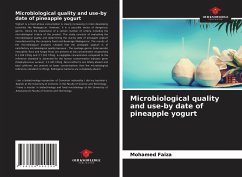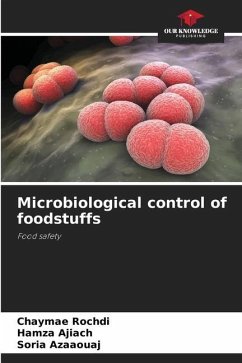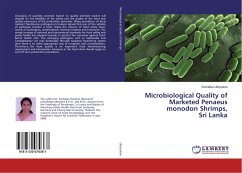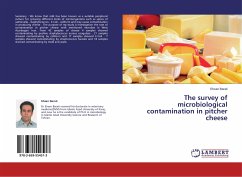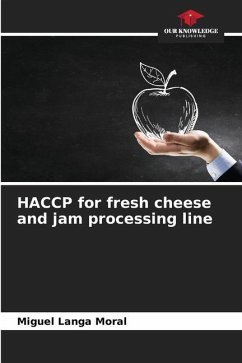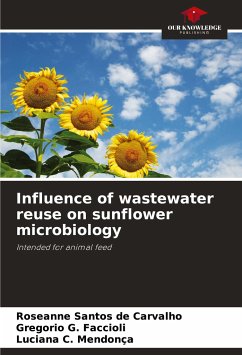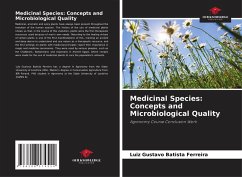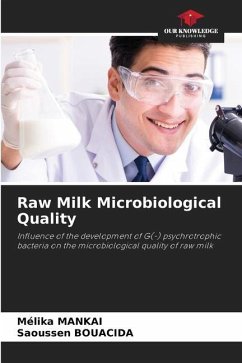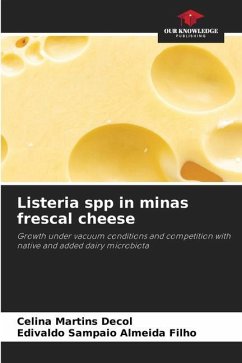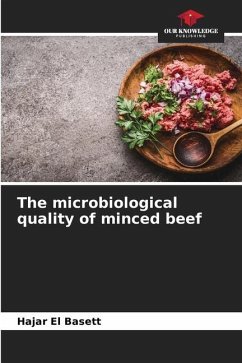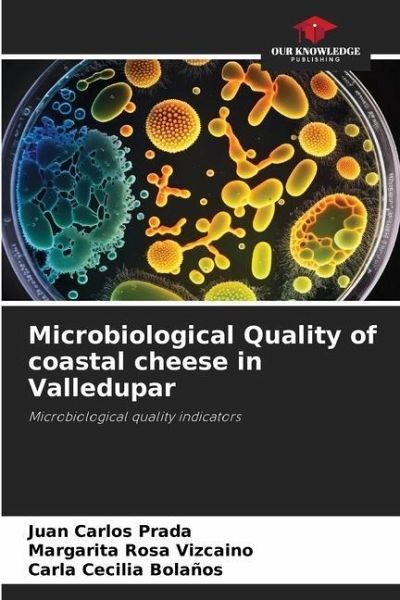
Microbiological Quality of coastal cheese in Valledupar
Microbiological quality indicators
Versandkostenfrei!
Versandfertig in 6-10 Tagen
29,99 €
inkl. MwSt.

PAYBACK Punkte
15 °P sammeln!
Foodborne diseases are a growing public health problem worldwide. The main causative agents of foodborne diseases in Colombia are Salmonella spp., Listeria monocytogenes, Escherichia coli, Aeromonas spp., Vibrio spp. and S. aureus, which occupy the first places in the annual reports of the public health surveillance network in Colombia. Queso costeño cheese is native to the Colombian Caribbean Region, is produced in an artisanal way using raw milk as raw material and elaborated under the minimum sanitary hygienic conditions, transforming it into a favorable environment for the proliferation o...
Foodborne diseases are a growing public health problem worldwide. The main causative agents of foodborne diseases in Colombia are Salmonella spp., Listeria monocytogenes, Escherichia coli, Aeromonas spp., Vibrio spp. and S. aureus, which occupy the first places in the annual reports of the public health surveillance network in Colombia. Queso costeño cheese is native to the Colombian Caribbean Region, is produced in an artisanal way using raw milk as raw material and elaborated under the minimum sanitary hygienic conditions, transforming it into a favorable environment for the proliferation of microorganisms. The objective of this research was to determine the microbiological quality of fresh queso costeño cheese sold in commune four of Valledupar-Colombia. This research was carried out in two stages, one of which was the Characterization of Hazard Analysis and Critical Control Points (HACCP) in the fresh cheese outlets in Valledupar and Determination of the microbiological quality of fresh cheese in the outlets of Valledupar.



